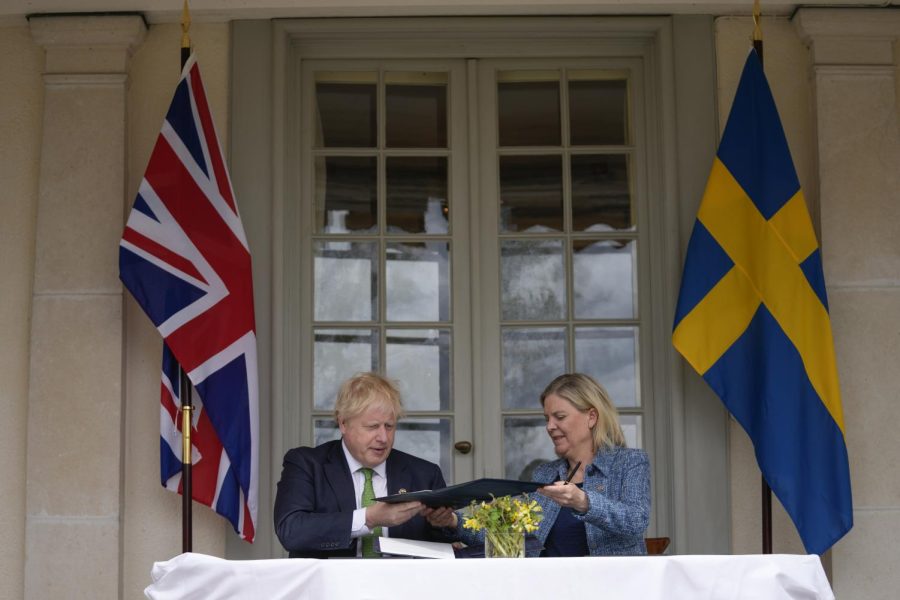How biased is your life?
May 16, 2023
The issue of media bias has been debated for a long time. Simple media like news stations impact our perception of the world through one-sided narratives. Of course, there are the more apparent media like Fox News or CNN, but even platforms like Instagram, Buzzfeed, and TikTok circulate fake news to increase their views. With public opinion being so fragile, it has become difficult for people to trust the sources around them.
While not all media lead with bias, it has become harder to spot unbiased media or even believe them since the ongoing spread of false information or opinions. This is especially true in the fast-paced news climate of today, where the material is frequently shared without conducting adequate fact-checking. Since most news outlets prefer to publish their information on websites now rather than on paper, media has become a foot race to publish their work first. While helpful and faster for the public to keep up to date, these faster publications lead to falsified reports and assumptions.
Media bias can appear in many ways. It might have a political bias, such as liberal or conservative leaning. Instead of reporting the facts objectively, it might also place more emphasis on dramatic or emotionally stirring stories. The overall commercial of an area can also be a source of bias since it may lead media outlets to report on stories more likely to get viewers or clicks. Whatever the form of discrimination, it is crucial to acknowledge and combat it. This entails being conscious of any potential bias in the media and looking for alternate sources of information to get a complete picture. Recently, an Instagram post was shared of headlines from the New York Post showing blatant racism; when looking into the issue, neither articles could be found, leaning the post to slandering a possible unbiased source. False media does not just have to be about news, it could also guide people to trust other biased sources for their version of news. Not only does fake news ruin the respect of companies, but it also forces viewers to look elsewhere for the same information objectively.
Whatever the form of bias, it is crucial to acknowledge it and take action to combat it. This entails being conscious of any potential bias in the media and looking for alternate sources of information to get a complete picture. Supporting media organizations dedicated to impartial reporting and holding those who engage in bias accountable are equally important. Ensuring journalists and media organizations uphold ethical standards is a crucial additional step in the fight against media bias. Avoiding conflicts of interest and keeping journalistic integrity by providing accurate and unbiased reporting. Additionally, it involves maintaining a distinct distinction impartial between news reporting and editorial opinion and being open and honest about the information sources used in reporting.
While bias seems to have become the most frugal way for stations to receive support, the issue of bias in the media is complicated and calls for continual consideration and effort to address it. As media continues to be spread and innovated, it is critical to acknowledge prejudice and combat it.





















